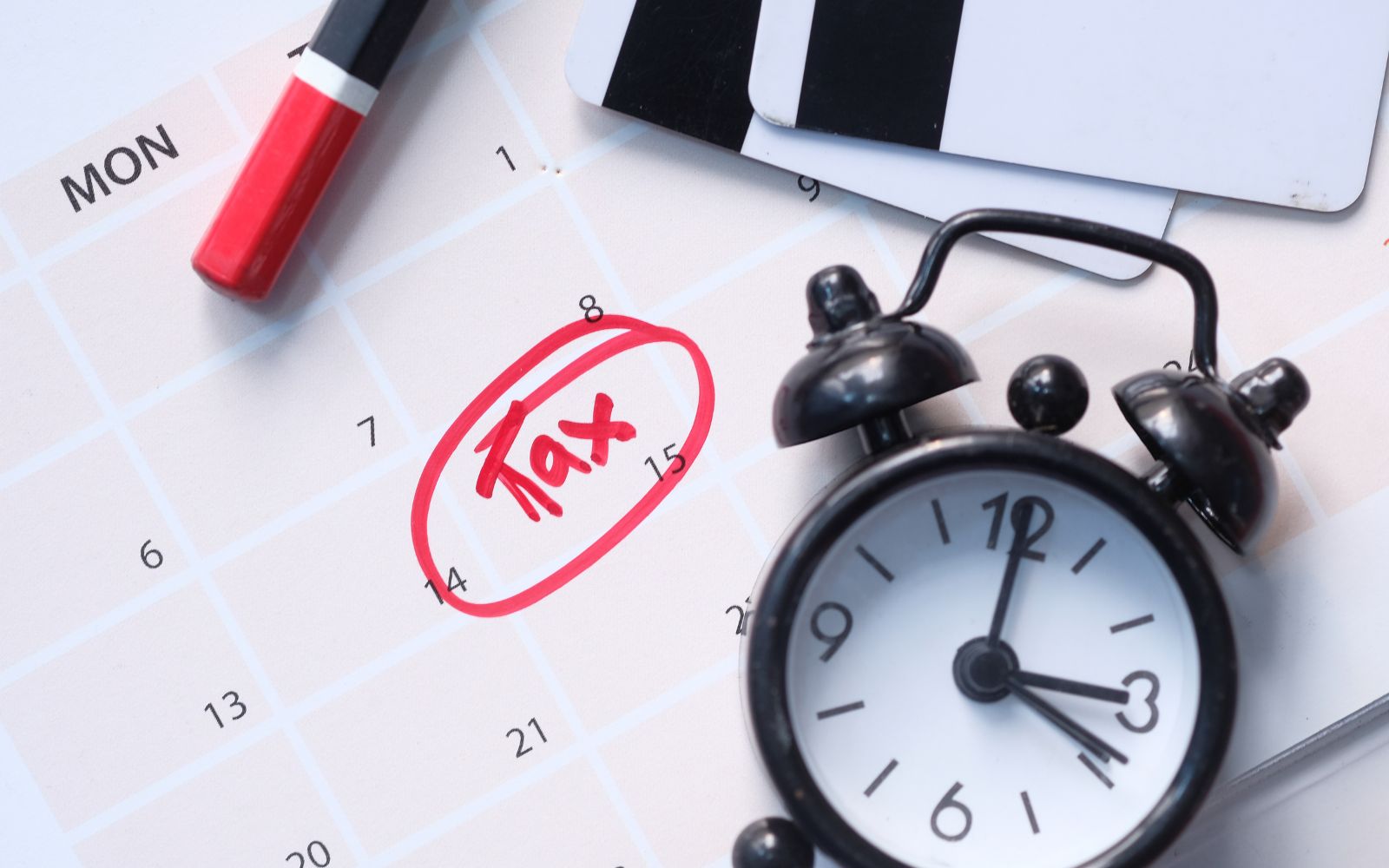Salary for family and personal companies

A popular profit extraction strategy is to pay a small salary and to extract further profits as dividends.
Why pay a salary?
There are a number of benefits of paying a small salary in order to take money out of a personal or family company for personal use.
Benefit 1
If a salary is paid at a level that is at least equal to the lower earnings limit for Class 1 National Insurance purposes (set at £6,396 for 2023-2024), the year will be a qualifying year for state pension and contributory benefit purposes. An individual needs 35 qualifying years to be eligible for the full single-tier state pension, and at least ten qualifying years to access a reduced state pension.
Where the salary is at least equal to the lower earnings limit and does not exceed the primary threshold (set at £12,570 for 2023- 2024), the individual is treated as having paid Class 1 National Insurance contributions at a zero rate. This effectively gives them a qualifying year for free.
If you do not currently have the requisite 35 years, it is worthwhile paying a small salary to secure an additional qualifying year.
Benefit 2
If your available personal allowance is at least equal to the salary paid, the salary can be paid tax-free. Extracting profits from the company without triggering a tax bill is worthwhile.
Benefit 3
Salary payments and any associated employer’s National Insurance are deductible in calculating the taxable profits for corporation tax purposes. This will save corporation tax at the prevailing rate, which from 1 April 2023 is between 19% and 25% depending on the level of your taxable profits.
Benefit 4
A salary can be paid regardless of the level of the company’s profits. Indeed, it is still possible to pay a salary even if doing so means that the company makes a loss. By contrast, dividends can only be paid if you have sufficient retained profits from which to pay them.
Salary level
The optimal salary level will depend on personal circumstances. However, as the standard personal allowance and the National Insurance primary threshold are now the same, if the personal allowance remains available, the position is more straightforward than in previous years.
Where the standard personal allowance is available in full, the optimal salary is equal to the personal allowance, set at £12,570 for 2023/24. At this level, there is no tax to pay and no primary Class 1 National Insurance contributions to pay either.
There may be some secondary (employer’s) National Insurance contributions to pay if the employment allowance is not available (as is the case for a personal company where the sole employee is also a director), or if it has been used up. Where this is the case, employer contributions are payable at the rate of 13.8% where the salary exceeds the secondary threshold, set at £9,100 for 2023/24. If a salary of £12,570 is paid, the secondary Class 1 National Insurance bill will be £478.86.
However, as with the salary, employer National Insurance contributions are deductible for corporation tax purposes, meaning that paying a salary equal to the personal allowance is still worthwhile.
If the employment allowance is available, as may be the case for a family company, there will be no secondary National Insurance to pay on a salary equal to the personal allowance.
Once the personal allowance has been used up, it is better to extract further profits as dividends, which are taxed at a lower rate. Any additional salary will attract tax at 20% and employee’s Class 1 National Insurance of 12%, in addition to any employer’s National Insurance that may be due. This will outweigh any associated corporation tax savings.
If the full personal allowance is not available, it is necessary to crunch the numbers as the optimal salary will depend on both individual circumstances and the rate at which the company pays corporation tax.
The information available on this page is of a general nature and is not intended to provide specific advice to any individuals or entities. We work hard to ensure this information is accurate at the time of publishing, although there is no guarantee that such information is accurate at the time you read this. We recommend individuals and companies seek professional advice on their circumstances and matters.




